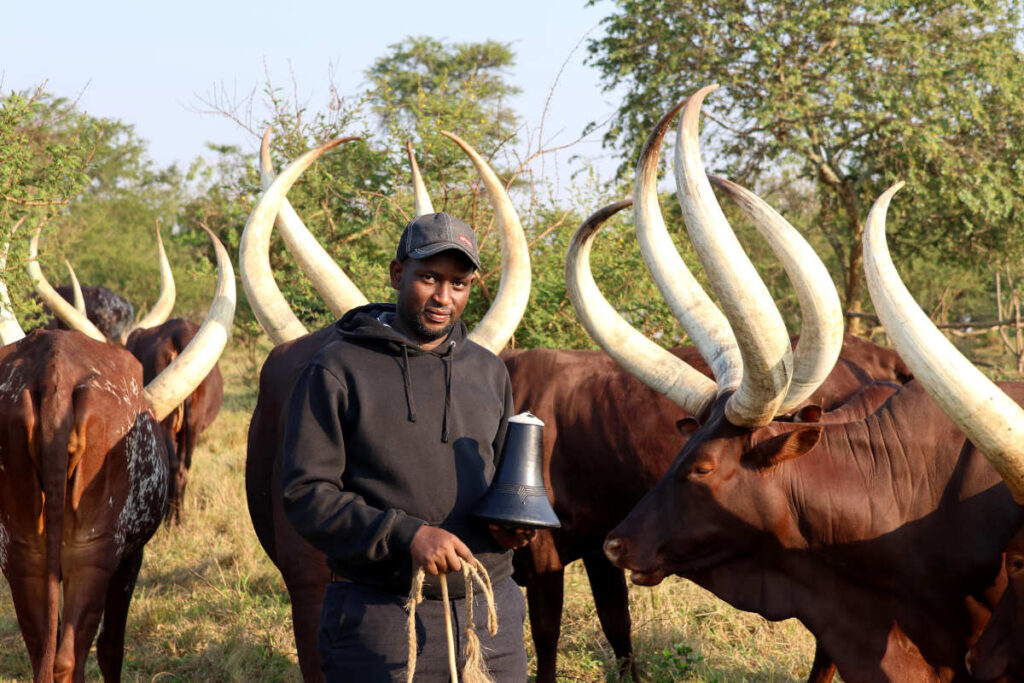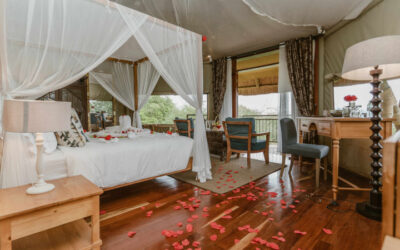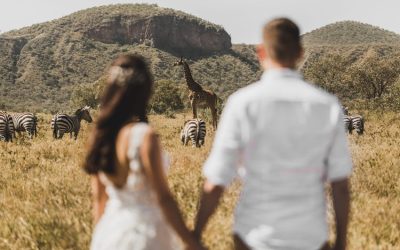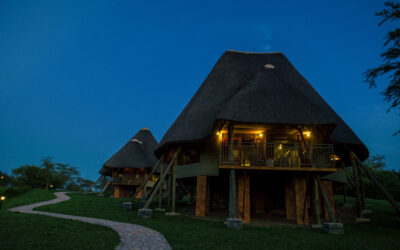Discover the Banyankore
Discover the Banyankore: A Rich Cultural Heritage in Uganda
Nestled in the picturesque landscapes of southwestern Uganda, the Banyankore people embody a vibrant culture that reflects the rich history and traditions of the region. Known for their warmth, hospitality, and strong sense of community, the Banyankore offer a fascinating glimpse into the diverse tapestry of Ugandan culture. This article will explore their traditions, language, customs, and the significance of their cultural heritage.
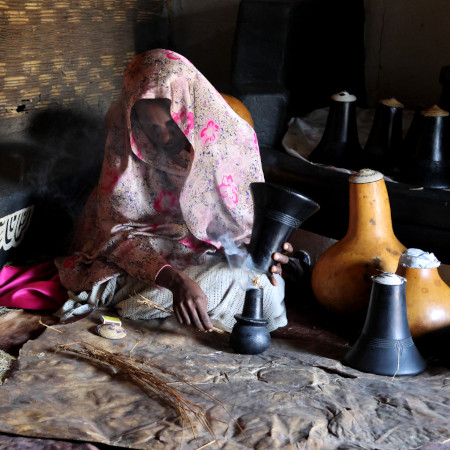
A Brief History
The Banyankore are part of the larger Bantu-speaking ethnic groups in Uganda. Their history is closely tied to the kingdom of Ankole, which flourished in the region for centuries. Traditionally, the Banyankore were pastoralists, relying on cattle herding as a primary source of livelihood. Cattle not only provided sustenance but also held significant cultural and economic value, serving as a measure of wealth and status within the community. For more on the history of Uganda, visit our Uganda History page.
Language and Communication
The Banyankore primarily speak Runyankore, a Bantu language that reflects their rich oral traditions. Language plays a crucial role in their identity, with proverbs, songs, and stories being integral to their cultural expression. Elders often share wisdom through storytelling, passing down values and traditions to younger generations. For a deeper understanding of Uganda’s languages, check out our article on Languages of Uganda.
Traditional Customs and Practices
Cattle Culture
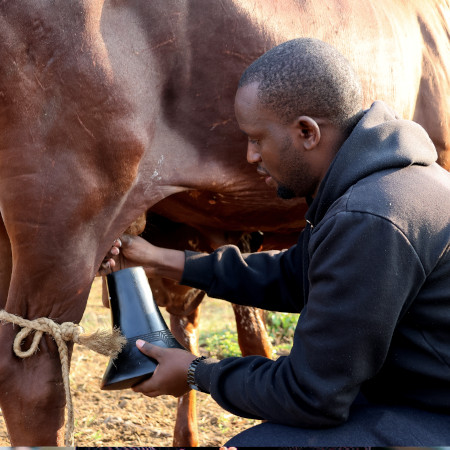
Cattle are central to Banyankore culture, symbolizing wealth and social status. Traditional ceremonies often revolve around cattle, including the famous ekigafo (cattle raid) and okuhingira (cattle blessing). These events reinforce community bonds and celebrate the importance of cattle in their way of life. To learn more about the significance of cattle in Ugandan culture, see our post on Cattle in Ugandan Culture.
Marriage Customs
Marriage is a significant milestone in Banyankore culture, marked by elaborate rituals and ceremonies. The process often involves negotiations between families, highlighting the importance of kinship and social ties. Traditional weddings may include the exchange of bride price, which is typically in the form of cattle, symbolizing the union of two families. For insights into Ugandan wedding customs, visit our page on Ugandan Wedding Traditions.
Traditional Music and Dance
Music and dance are integral to Banyankore culture, with traditional songs often performed during ceremonies and celebrations. Instruments such as the amadinda (a wooden xylophone) and engoma (drums) accompany dances that express joy, sorrow, and communal identity. Dance forms like ebihinduka reflect the community’s values and serve as a medium for storytelling. To explore the music of Uganda further, check out our article on Ugandan Music and Dance.
Art and Craftsmanship
The Banyankore are skilled artisans, known for their traditional crafts, including pottery, weaving, and basketry. These crafts often feature intricate designs and patterns that reflect their cultural identity. The craftsmanship is not only functional but also serves as a means of cultural expression, showcasing the creativity and talent of the Banyankore people. For more about Ugandan arts and crafts, see our section on Ugandan Art and Craftsmanship.
Festivals and Celebrations
The Banyankore celebrate various festivals throughout the year, showcasing their rich cultural heritage. One notable event is the Ankole Cultural Festival, which brings together people from different regions to celebrate their traditions through music, dance, food, and exhibitions. Such festivals foster a sense of unity and pride in their cultural identity, allowing both locals and visitors to experience the vibrancy of Banyankore culture. Learn more about Uganda’s cultural festivals in our article on Ugandan Festivals.
Modern Influences and Preservation
As Uganda continues to modernize, the Banyankore people face challenges in preserving their cultural heritage. However, efforts are being made to promote and sustain their traditions through education, cultural exchanges, and community initiatives. Engaging the younger generation in cultural practices is crucial for ensuring the continuity of their rich heritage.
Conclusion
The Banyankore culture is a testament to the resilience and richness of Ugandan heritage. Through their traditions, language, and communal values, the Banyankore people offer a unique perspective on the importance of cultural identity in an ever-changing world. By discovering and embracing their culture, we can appreciate the beauty of diversity and the stories that connect us all. Whether you’re exploring their vibrant festivals or indulging in their delicious cuisine, a journey into Banyankore culture promises a memorable experience that celebrates the heart and soul of Uganda.
External Links (Optional)
- For more information about Uganda’s diverse cultures, visit Uganda Tourism.
- To learn about the wider cultural context of Africa, you might explore the African Cultural Heritage.
